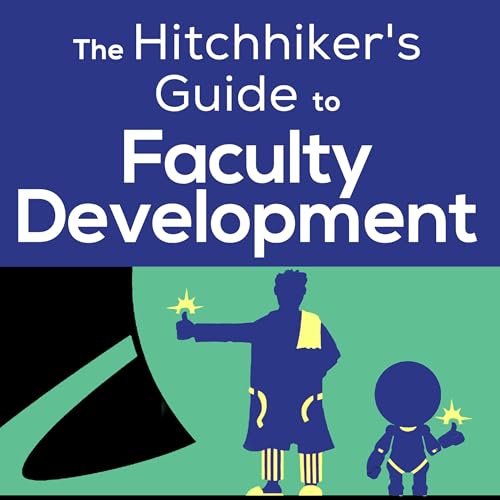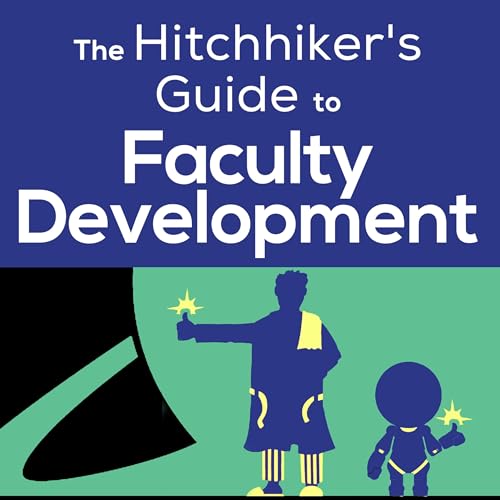Épisodes
-
 23 min
23 minÉchec de l'ajout au panier.
Veuillez réessayer plus tardÉchec de l'ajout à la liste d'envies.
Veuillez réessayer plus tardÉchec de la suppression de la liste d’envies.
Veuillez réessayer plus tardÉchec du suivi du balado
Ne plus suivre le balado a échoué
-
 27 min
27 minÉchec de l'ajout au panier.
Veuillez réessayer plus tardÉchec de l'ajout à la liste d'envies.
Veuillez réessayer plus tardÉchec de la suppression de la liste d’envies.
Veuillez réessayer plus tardÉchec du suivi du balado
Ne plus suivre le balado a échoué
-
 18 min
18 minÉchec de l'ajout au panier.
Veuillez réessayer plus tardÉchec de l'ajout à la liste d'envies.
Veuillez réessayer plus tardÉchec de la suppression de la liste d’envies.
Veuillez réessayer plus tardÉchec du suivi du balado
Ne plus suivre le balado a échoué
-
 Jul 16 202427 min
Jul 16 202427 minÉchec de l'ajout au panier.
Veuillez réessayer plus tardÉchec de l'ajout à la liste d'envies.
Veuillez réessayer plus tardÉchec de la suppression de la liste d’envies.
Veuillez réessayer plus tardÉchec du suivi du balado
Ne plus suivre le balado a échoué
-
 23 min
23 minÉchec de l'ajout au panier.
Veuillez réessayer plus tardÉchec de l'ajout à la liste d'envies.
Veuillez réessayer plus tardÉchec de la suppression de la liste d’envies.
Veuillez réessayer plus tardÉchec du suivi du balado
Ne plus suivre le balado a échoué
-
 Jun 12 202429 min
Jun 12 202429 minÉchec de l'ajout au panier.
Veuillez réessayer plus tardÉchec de l'ajout à la liste d'envies.
Veuillez réessayer plus tardÉchec de la suppression de la liste d’envies.
Veuillez réessayer plus tardÉchec du suivi du balado
Ne plus suivre le balado a échoué
-
 43 min
43 minÉchec de l'ajout au panier.
Veuillez réessayer plus tardÉchec de l'ajout à la liste d'envies.
Veuillez réessayer plus tardÉchec de la suppression de la liste d’envies.
Veuillez réessayer plus tardÉchec du suivi du balado
Ne plus suivre le balado a échoué
-
 14 min
14 minÉchec de l'ajout au panier.
Veuillez réessayer plus tardÉchec de l'ajout à la liste d'envies.
Veuillez réessayer plus tardÉchec de la suppression de la liste d’envies.
Veuillez réessayer plus tardÉchec du suivi du balado
Ne plus suivre le balado a échoué

